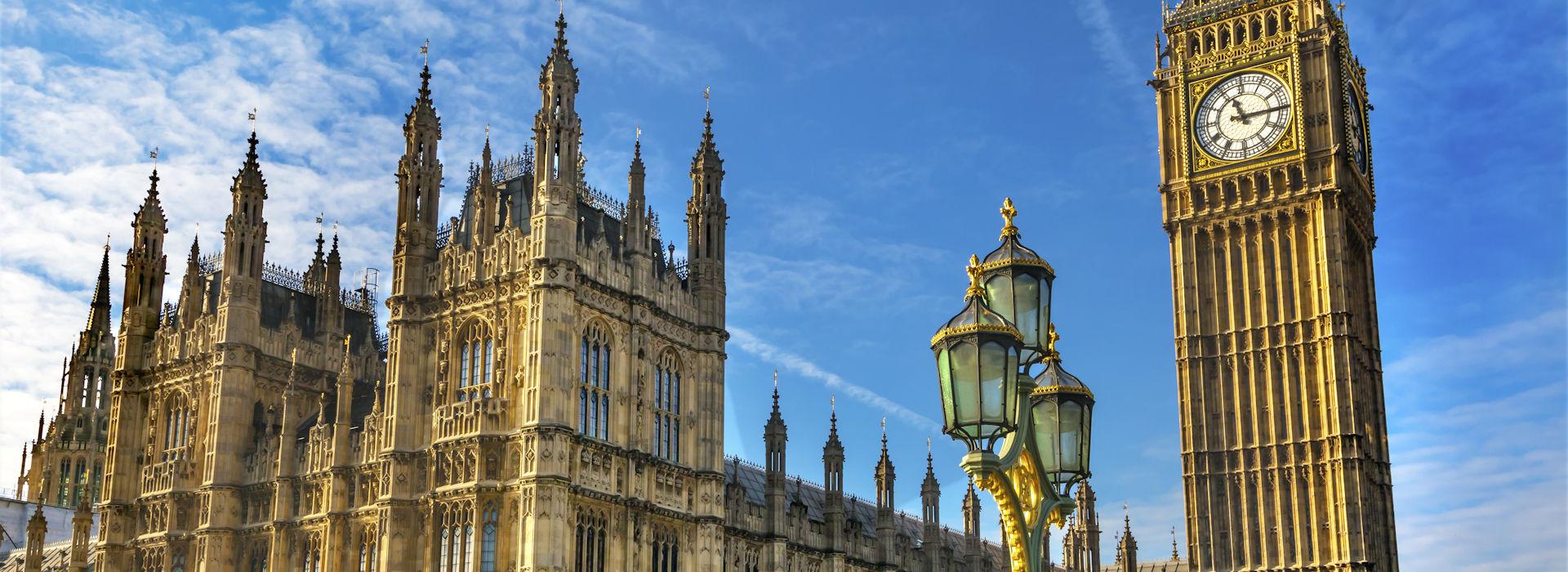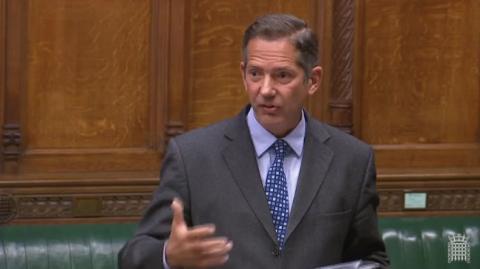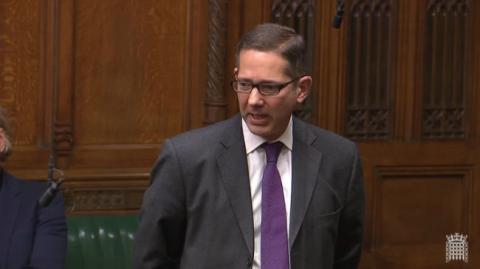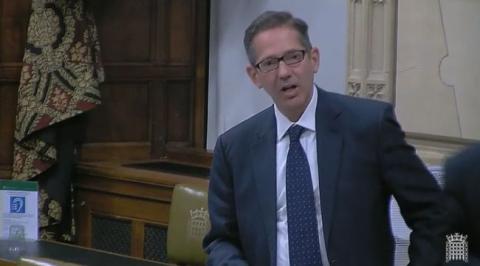Jonathan Djanogly speaks in the debate on the Withdrawal Agreement and urges MPs to back the agreement as the best way to ensure we leave the EU with a deal that retains the close cultural, educational, justice and security relationships that have been established over the past 40 years.
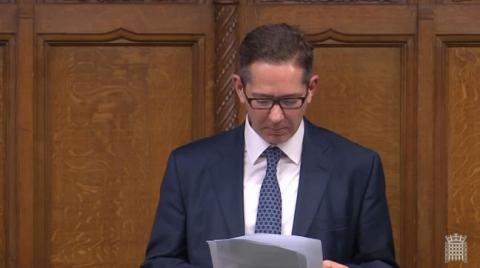
Jonathan Djanogly welcomes the Government’s decision to remove proposals to ban .50-calibre weapons which are too heavy and too expensive to be used in crime and would disproportionately impact those who legally hold such weapons for shooting sports.
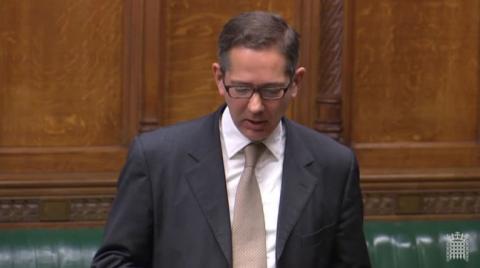
Following the Government statement on Russian action in the sea of Azov, Jonathan Djanogly calls for firm action against this blatant, unacceptable and proven act of Russian aggression, including the provision of hard military support in Ukraine.
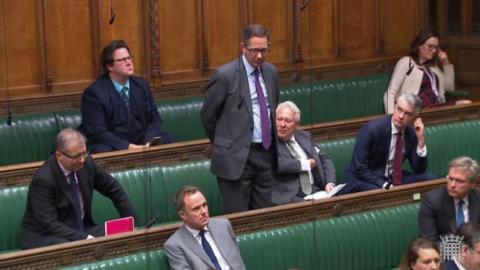
Jonathan Djanogly welcomes the Prime Minister’s withdrawal agreement as a fair and reasonable deal for Brexit and he asks the PM what will influence the decision to be made next year on implementing the backstop or extending the implementation period.
Following the Government statement on the additional costs of staying in the EU customs union after 2020, Jonathan Djanogly highlights the benefits of staying in the customs union - a trading bloc of 500 million people with some 40 FTAs in place.
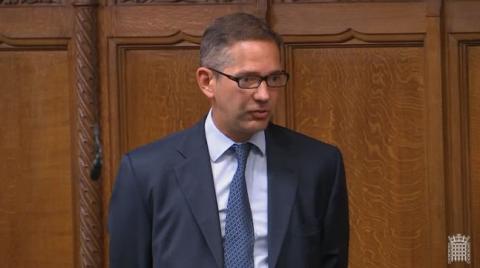
Following the Prime Minister’s statement on the Salisbury nerve agent attack, Jonathan Djanogly welcomes the increase of United States sanctions against Russia and asks if the UK and EU are intending to do the same.
Speaking in a debate on the Second Reading of the Civil Liability Bill which reforms the claims process for whiplash claims, Jonathan Djanogly raises concerns that ways are being found to get around the ban on referral fees which was a key element in the Government’s efforts to stop whiplash claims.

